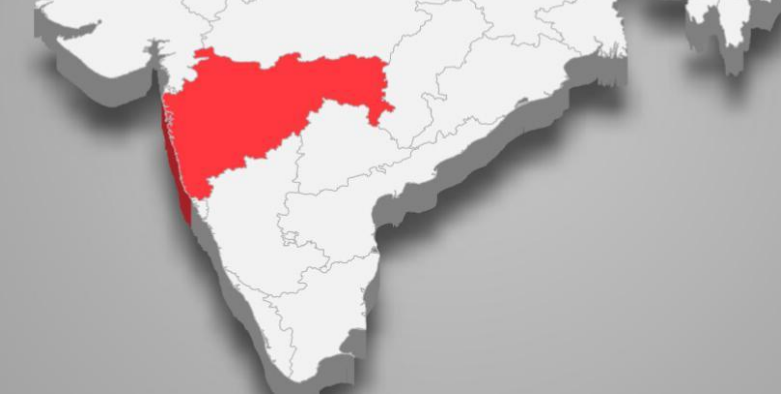Maharashtra has rolled out a transformative startup policy in 2025 aimed at nurturing a robust entrepreneurial ecosystem. With a vision to recognize 50,000 startups and foster 130,000 entrepreneurs over the next five years, the policy seeks to position the state as one of India’s leading innovation hubs. Central to the initiative is the Rs 500 crore “CM Maha Fund,” which will provide financial support and a strong institutional framework to aspiring founders.
Building a Thriving Startup Ecosystem
The new startup policy focuses on enabling young innovators with access to funding, mentorship, and infrastructure. Maharashtra’s government intends to establish a network of innovation hubs across major cities and tier-2 locations. These hubs will act as incubation and acceleration centers, offering startups access to research facilities, co-working spaces, and industry partnerships.
This move comes at a time when India is witnessing unprecedented growth in its startup sector. By aligning with national initiatives like Startup India, Maharashtra aims to create a fertile environment where entrepreneurs can experiment, scale, and compete globally.
The Rs 500 Crore “CM Maha Fund”
At the heart of the new policy is the CM Maha Fund, worth Rs 500 crore, dedicated to fueling startup growth. The fund will provide seed and early-stage capital for founders, especially those working in high-impact sectors such as clean technology, agritech, fintech, healthtech, and artificial intelligence.
Government officials confirmed that the fund will be structured to attract private co-investment, encouraging venture capitalists and angel networks to actively participate. This blended finance model aims to reduce risk for investors while ensuring startups receive adequate capital to sustain operations and scale.
Empowering Tier-2 and Rural Entrepreneurs
While Mumbai and Pune already serve as major startup hubs, the state’s new policy emphasizes decentralization of innovation. Dedicated programs will be launched in tier-2 cities such as Nagpur, Nashik, Aurangabad, and Kolhapur, ensuring entrepreneurial opportunities are not restricted to metropolitan regions.
By setting up innovation labs in educational institutions and promoting skill-development programs, the government intends to empower youth in rural areas as well. This inclusivity could help unlock untapped talent pools and expand job creation beyond traditional urban centers.
Policy Highlights and Support Mechanisms
The Maharashtra startup policy includes several key features designed to create a seamless support system for founders:
- Innovation Hubs: Establishment of sector-specific incubation and research centers
- Financial Access: Easy availability of seed funding, venture debt, and grants
- Skill Development: Training programs in entrepreneurship, digital skills, and emerging technologies
- Global Connect: Assistance for startups to expand internationally through investor roadshows and trade delegations
- Ease of Business: Simplified regulatory processes and fast-track approvals for new businesses
Boosting Employment and Innovation
According to the government, the creation of 130,000 entrepreneurs is expected to generate millions of direct and indirect jobs across Maharashtra. Startups in technology, renewable energy, and digital services are projected to drive both domestic demand and exports.
The policy also encourages collaboration between academia and industry to boost research and development. This integration is expected to accelerate innovation in deep tech sectors such as robotics, AI, blockchain, and biotechnology.
Maharashtra’s Competitive Edge
Maharashtra already accounts for a significant share of India’s GDP and has long been considered the country’s financial capital. With this policy, the state is looking to further strengthen its position as a magnet for investors and entrepreneurs.
By offering both financial backing and infrastructural support, Maharashtra is creating a startup environment that rivals global innovation hubs. The policy also seeks to reduce brain drain, ensuring that talented graduates and young professionals build their businesses within the state rather than moving abroad.
The Road Ahead
The success of the startup policy will depend on its effective execution, timely disbursement of funds, and continuous monitoring of outcomes. Industry experts believe that collaboration with private investors and ecosystem enablers will be critical to achieving the ambitious goals.
If implemented successfully, Maharashtra’s startup policy could serve as a blueprint for other Indian states looking to harness the power of entrepreneurship for economic growth.










